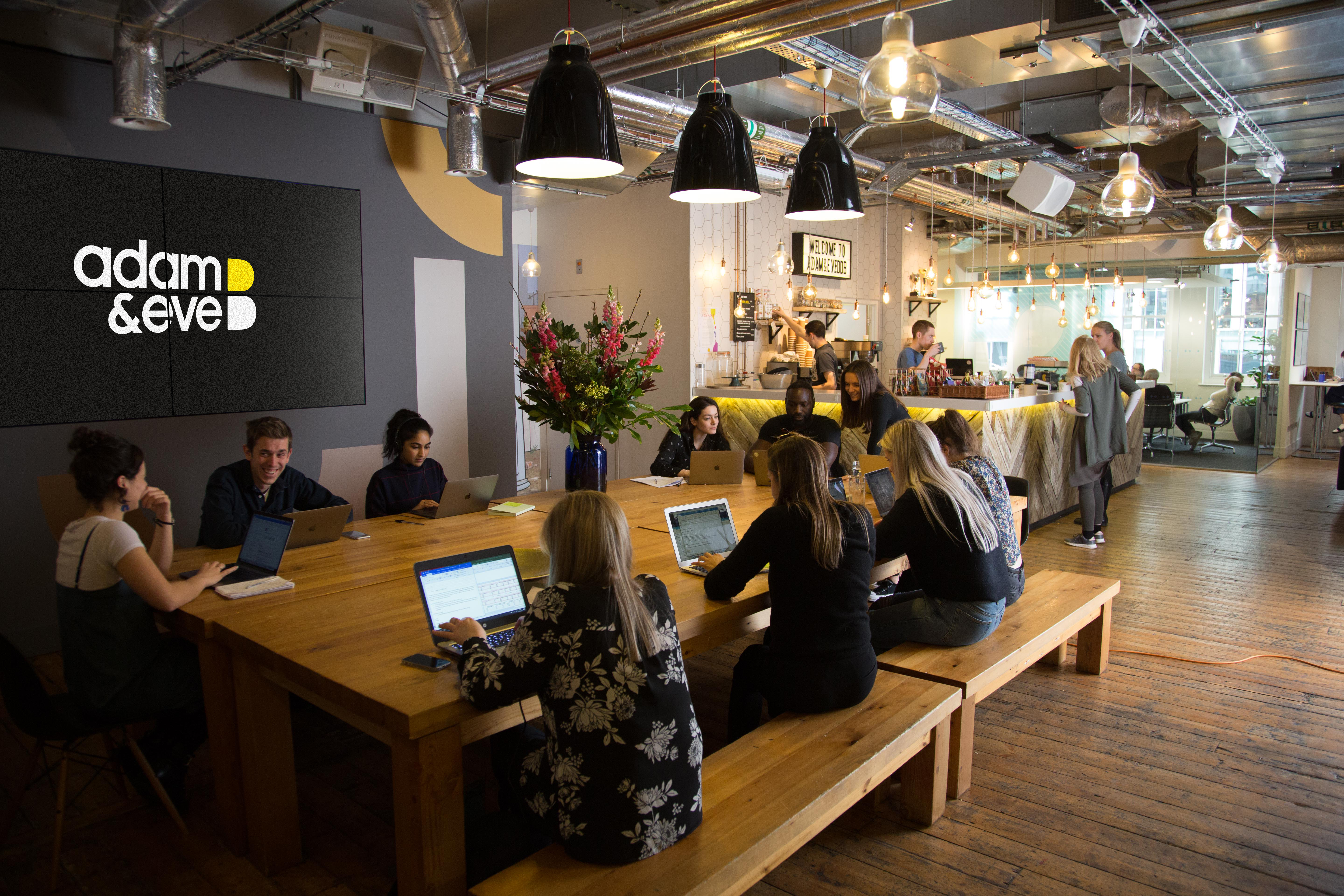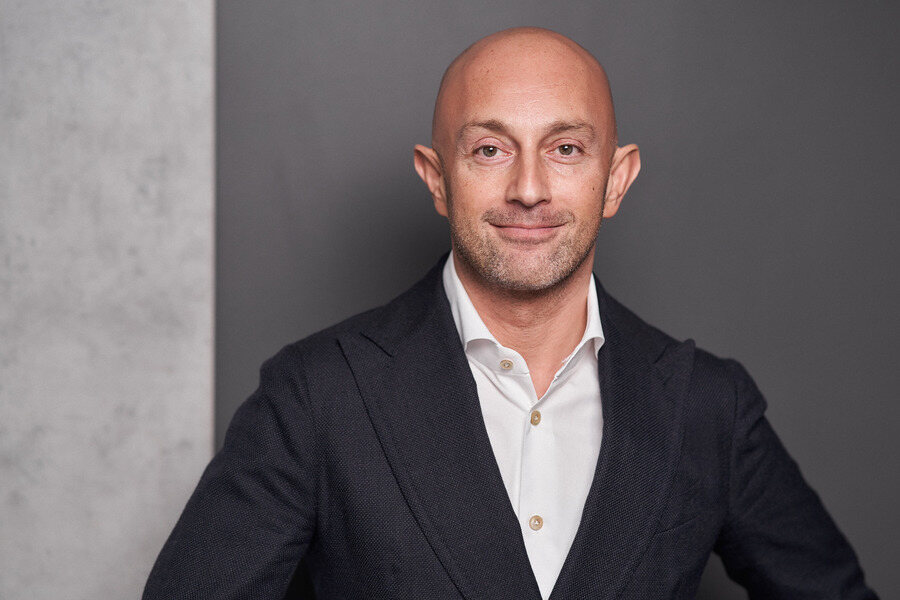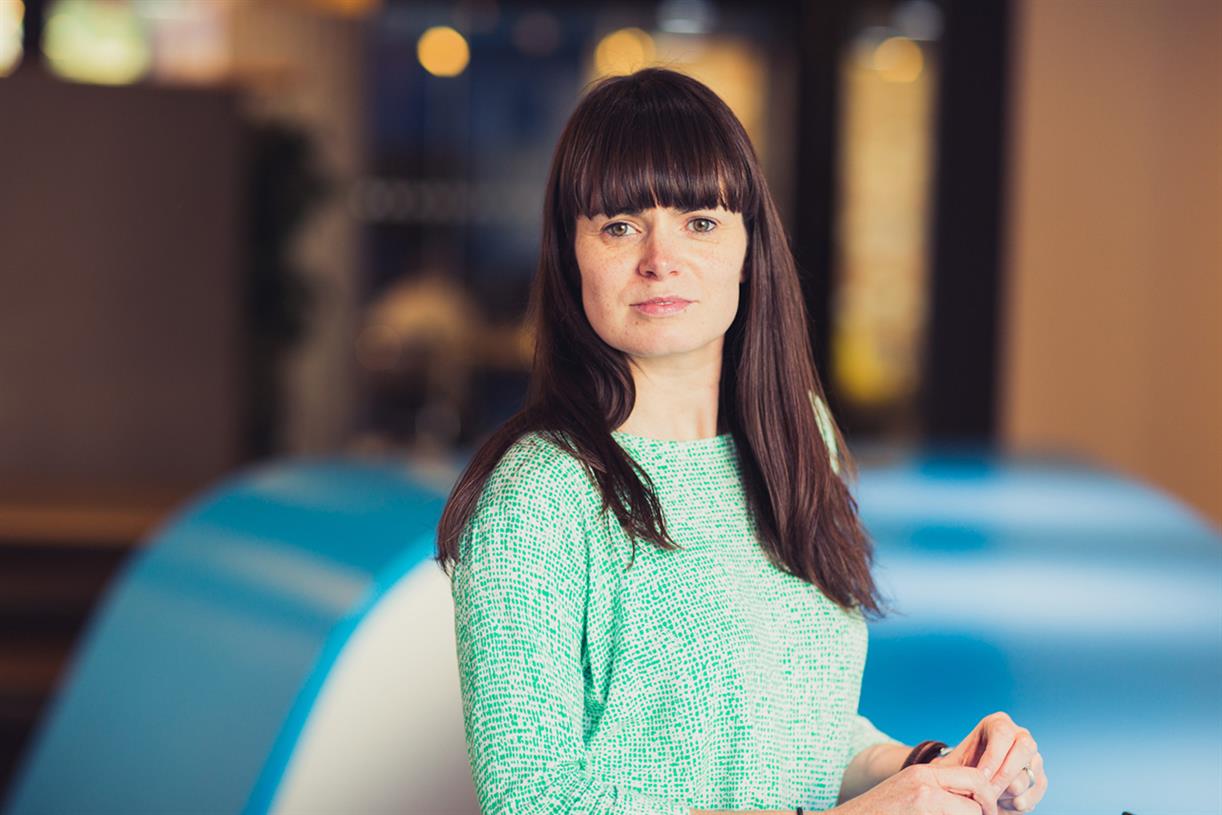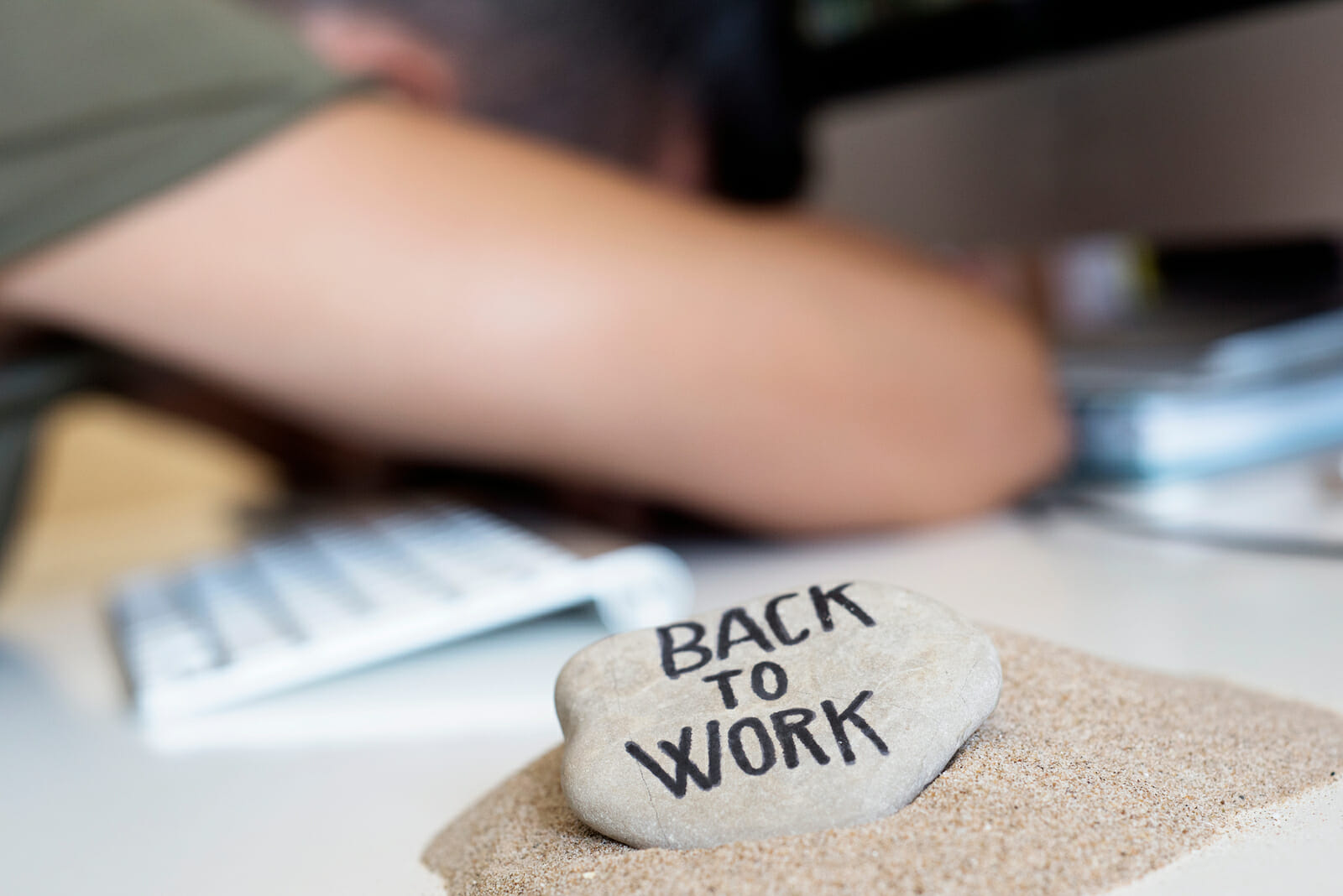
As summer concludes and the rhythm of the professional world intensifies, a significant shift is underway across the United States. Approximately one million workers are anticipated to transition back to their physical offices this fall, with prominent organizations like Meta spearheading this return-to-work initiative. For many, this marks the first regular commute since the global pandemic fundamentally reshaped our professional lives, compelling a widespread adoption of remote work from the sanctuary of our homes.
After an unprecedented period of working remotely, often characterized by the short journey from bed to laptop, the prospect of dedicating an hour or more to a daily commute can initially feel like an inefficient use of valuable time and resources. This sentiment is understandable, given the established routines and efficiencies developed during the remote work era. However, a deeper analysis reveals that this perceived burden can, in fact, be transformed into a strategic asset for personal and professional development.
Insights gleaned from conversations with leading CEOs highlight a powerful paradigm shift: the commute, far from being a mere logistical necessity, can be purposefully leveraged as a critical period for mental preparation, continuous learning, and strategic reflection. This article delves into how eight prominent leaders across diverse industries are not just enduring their commutes but actively optimizing this journey time to enhance their productivity, foster personal growth, and sharpen their leadership capabilities, offering a compelling blueprint for how others might reframe their own daily travels.

1. **David Meads: Leveraging Commute for Unscheduled Recognition and Strategic Preparation**David Meads, the CEO of Cisco’s U.K. & Ireland division, offers a compelling perspective on the profound value of the commute, particularly after a period of remote work. He articulates a recognition of how much he genuinely missed the structured transition that a commute provides, emphasizing its crucial role in mentally preparing for the day ahead and subsequently disengaging from work at day’s end. This daily ritual serves as a vital psychological bridge between personal and professional spheres.
Meads strategically utilizes his train journeys to engage in activities that directly support his leadership role, such as preparing for upcoming meetings, delving into essential business reading, or listening to podcasts focused on business topics, politics, and global news. Beyond these preparatory tasks, he ingeniously transforms car travel into an opportunity for high-impact, unscheduled calls. These are often used to check in with colleagues, offering recognition for exceptional work, a practice he considers the most effective way to commence or conclude his workday.
These seemingly brief interactions, facilitated by his commute, are described as having a significant and lasting impact. Meads’ approach underscores a proactive philosophy, demonstrating how leaders can consciously reclaim and repurpose commute time not just for personal benefit, but as a deliberate strategy for strengthening team morale and fostering a culture of appreciation, thereby directly influencing organizational effectiveness and personal leadership presence.

2. **Helen Andrews: Cultivating a Dedicated Reading Habit for Daily Inspiration**For Helen Andrews, CEO of adam&eveDDB, one of the U.K.’s largest advertising agencies, her daily subway commute is not a source of frustration but a cherished opportunity. She describes a rediscovered love for reading, which she meticulously protects as her dedicated activity during her journey to work. This deliberate choice to engage solely with books, free from other distractions, provides a unique and powerful start to her day.
Andrews actively works through prestigious literary lists, such as the Booker nomination list, citing works like Percival Everett’s *The Trees* and Claire Keegan’s *Small Things Like These*, alongside other engaging titles like Jane Percival’s *Moths* and Monica Ali’s *Love Marriage*. She particularly enjoys the current read, Bonnie Garmus’s *Lessons in Chemistry*. This commitment to diverse literary engagement reflects a broader intellectual curiosity that undoubtedly informs her leadership perspective.
The thirty minutes of uninterrupted reading time each morning, as Andrews explains, allows her to immerse herself in diverse narratives and ideas, providing an ‘incredible start’ to her day. While her commute home is typically dedicated to necessary work tasks, she remains steadfast in reserving her morning journey exclusively for this enriching personal pursuit. This strategy highlights the importance of creating boundaries to nurture personal interests, which in turn, can significantly contribute to mental well-being and creative problem-solving in a demanding executive role.

3. **Alex Weinstein: Utilizing Commute for Reflective Writing and Personal Growth**Alex Weinstein, the founder of the Dyninno Group consultancy, approaches his commute, when chauffeured to the office, as a dedicated period for a foundational practice: writing. He emphasizes a method that transcends mere bullet points or to-do lists, instead encouraging a free flow of imagination and thought. His practice involves simply taking an empty notebook and a pen, allowing his ideas to unfold organically without predefined structure or objectives.
Weinstein views writing as an exceptionally powerful instrument for both self-reflection and personal growth. He carefully retains some of these notes, recognizing their potential to evolve into ‘interesting stories and self-reflections’ or to capture significant learnings and encountered situations. This disciplined yet unbound approach to writing fosters a continuous dialogue with his inner thoughts, enabling deeper processing of experiences and ideas.
His philosophy is rooted in the belief that accessing one’s own insights is not inherently difficult but requires a consistent commitment to daily reflection. For those seeking to adopt this practice, he suggests simple yet profound starting points: asking oneself about current feelings, identifying what truly deserves attention in one’s work, leadership, and life, and pinpointing the most interesting learning from the past day. This method transforms the commute into a fertile ground for introspection, crucial for any leader navigating complex challenges.

4. **Simon Myciunka: Embracing a Mindful Commute for Balance and Focus**Simon Myciunka, CEO of Bauer Media Audio UK, Europe’s leading commercial radio broadcaster, describes his commute as an integral ‘daily rhythm’ that profoundly impacts his professional performance. His journey to work involves walking, a physical activity paired with listening to news updates, which together ‘sets the tone for the day.’ These moments are not merely travel time but are intentionally used for ‘self-reflection and preparation,’ actively nurturing a sense of balance and focus that is essential for his leadership role.
Myciunka’s audio engagement during his walk is diverse and strategic. He navigates between radio broadcasts and podcasts that cover a spectrum of topics including the economy, technology, and sports. This varied consumption allows him to engage with content related to ‘personal interest, self-development, social currency, entertainment,’ while simultaneously fostering ‘a sense of community.’ This blend of information and interest provides a holistic mental stimulation that prepares him for the varied demands of his day.
Furthermore, Myciunka extends his mindful approach beyond the direct commute itself. He incorporates rituals such as walking his dog, Oli, both before and after his journey, followed by a ten-minute guided meditation with his Yogi wife. He profoundly recognizes these rituals as vital for his personal well-being, particularly in light of recent years’ challenges. This integrated approach highlights how a mindful commute, combined with complementary routines, can significantly contribute to a leader’s sustained success and overall resilience.

5. **Tara Button: Engaging in ‘Brain Yoga’ for Creative and Upbeat Thinking**Tara Button, CEO of the retailer Buy Me Once, has cultivated a highly personalized and impactful commute routine she affectionately terms ‘brain yoga.’ This daily mental practice, which spans her thirty-minute journey via train and subway (or Lime bike, weather permitting), is described as essential for her well-being, to the extent that, in her husband’s words, she becomes ‘incredibly grumpy’ without it. Her brain yoga manifests as the imaginative exercise of conceiving ‘silly book ideas for kids.’
This seemingly whimsical activity serves a profound strategic purpose. It provides the ‘freedom of creative fantastical thinking,’ which acts as a vital counterpoint to a workday often characterized by demanding sensible and practical thought processes. By allowing herself this playful and inventive engagement early in the morning, Button intentionally ‘arouses’ her creative thinking. This awakened creativity then naturally ‘carries on into [her] business,’ sustaining an upbeat and positive disposition throughout the entire day.
Beyond the creative spark, Button also uses her commute home for more administrative tasks, specifically cleaning up her inbox of surplus emails and planning her tasks for the following day. This structured allocation of different mental activities to different commute segments demonstrates a strategic approach to time management and mental conditioning. Her ‘brain yoga’ is a testament to how even seemingly lighthearted activities can be powerful tools for fostering executive creativity and maintaining a positive leadership mindset.

6. **Natalie Cummins: Optimizing Car Time for Communication, Rehearsal, and Decompression**Natalie Cummins, CEO at the media agency Zenith UK, views her 35-to-50-minute car commute as an ‘important one to get ahead of stuff.’ She is a self-professed ‘massive Apple CarPlay user,’ leveraging its capabilities to listen to and respond to text messages primarily through voice commands. This method has become so ingrained that her colleagues have adapted to the ‘slightly weird tone’ of an Apple CarPlay text, making it a viable tool for internal communications, though she reserves it from client interactions.
Beyond communication, Cummins strategically transforms her car journey into a crucial rehearsal space. If an important meeting is scheduled for the day, she utilizes the commute to conduct ‘about three run-throughs’ of her charts within a typical 50-minute journey. This dedicated rehearsal time allows her to refine her presentations and ensure she is thoroughly prepared, underscoring the value of focused practice in high-stakes environments.
The atmosphere in her car takes on a ‘totally different’ vibe at the end of an office day. This shift reflects a conscious decision to use the return journey for mental reset and decompression. Cummins explains that she uses this time to ‘blast out music and decompress!’ This clear delineation between productive, preparatory work and personal mental recovery highlights a balanced and intentional approach to managing the demands of an executive role, ensuring both peak performance and personal well-being.




